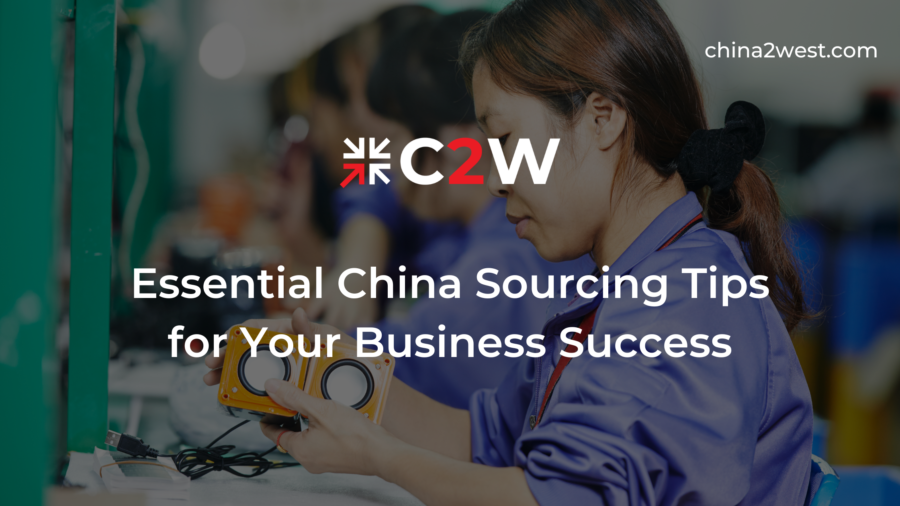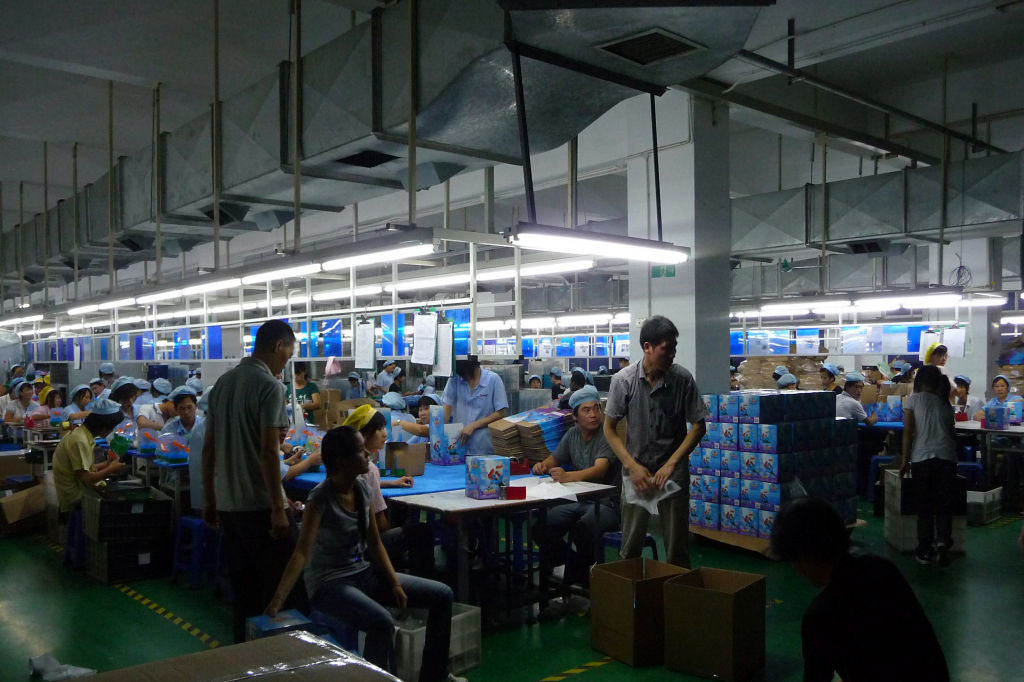In today’s global market, sourcing products from China has become an essential strategy for many businesses. China offers a vast range of products, competitive prices, and a well-established manufacturing infrastructure.
However, navigating the complexities of China sourcing can be challenging without the right knowledge and preparation. This article aims to provide you with essential China sourcing tips to help ensure your business success.
Sourcing in China
Before diving into the sourcing process, it’s crucial to understand the key factors that make China a prime sourcing destination.
Manufacturing Expertise
China has a long-standing reputation as the “world’s factory” due to its robust manufacturing capabilities. Chinese manufacturers possess extensive experience, advanced technologies, and skilled labor, enabling them to produce a wide range of products with excellent quality.
Cost Competitiveness
One of the main reasons businesses source from China is the cost advantage. Chinese products are often priced competitively due to lower labor costs and economies of scale. This affordability provides businesses with the opportunity to maximize profit margins or offer more competitive prices to their customers.
Supply Chain Integration
China has a well-developed supply chain infrastructure, making it easier for businesses to source products efficiently. The presence of numerous specialized suppliers, raw material markets, and logistics networks allows for seamless coordination of the sourcing process.
Sourcing Strategies and Best Practices
To ensure a successful sourcing experience in China, it’s essential to adopt effective strategies and follow best practices.
Thorough Research and Due Diligence
Before selecting a supplier, conduct thorough research to ensure they align with your business requirements. Look for manufacturers with a proven track record, positive customer reviews, and the necessary certifications. Perform due diligence by verifying their legal standing, production capacity, and quality control processes.
Build Relationships and Trust
Establishing strong relationships with suppliers is crucial for long-term success. Regular communication, site visits, and face-to-face meetings can help build trust and foster a productive partnership. Cultivating a positive supplier-buyer relationship promotes better collaboration, smoother transactions, and faster issue resolution.
Quality Assurance and Control
Maintaining product quality is of utmost importance. Implement robust quality assurance processes, such as product inspections, factory audits, and testing. Clearly define your quality requirements and expectations, ensuring that your suppliers adhere to them consistently. Regularly monitor and evaluate the quality of the sourced products to maintain customer satisfaction.
Intellectual Property Protection
Protecting your intellectual property (IP) rights is crucial when sourcing from China. File patents, trademarks, or copyrights in China to safeguard your products, designs, or brand identity. Additionally, consider signing non-disclosure agreements (NDAs) with suppliers to protect sensitive information and prevent counterfeiting.
Diversify Suppliers and Manage Risk
Relying on a single supplier can be risky, as unforeseen circumstances or disruptions can impact your supply chain. Consider diversifying your supplier base to mitigate risks and ensure a steady flow of products. Conduct regular assessments of your suppliers’ performance and have contingency plans in place to address any disruptions.
Navigating Cultural and Language Barriers
Doing business in a foreign country like China requires understanding and overcoming cultural and language barriers.
Cultural Awareness
China has a rich cultural heritage with unique customs and business etiquette. Familiarize yourself with Chinese cultural norms, including greetings, gift-giving practices, and communication styles. Respecting and adapting to Chinese customs will help establish stronger business relationships.
Language Considerations
While English is widely spoken in business circles, language barriers can still pose challenges. Hiring a translator or working with bilingual staff can bridge the communication gap and prevent misunderstandings. Additionally, learning basic Mandarin phrases and greetings can show respect and make interactions more comfortable.
Logistics and Shipping Considerations
Efficient logistics and shipping are vital to ensure timely delivery of your sourced products.
Incoterms and Shipping Contracts
Understand international commercial terms (Incoterms) and select the appropriate terms for your shipping contracts. This clarifies the responsibilities of both parties, including the transfer of ownership, insurance, and transportation costs. Work closely with your freight forwarder or shipping agent to navigate the complexities of international shipping.
Customs Compliance and Documentation
Complying with customs regulations is crucial to avoid delays and penalties. Understand the necessary documentation, such as commercial invoices, packing lists, and certificates of origin. Engage customs brokers or logistics experts to ensure smooth customs clearance and minimize the risk of non-compliance.
Mastering the art of China sourcing is a valuable skill for businesses seeking growth and competitive advantage. By understanding the nuances of China sourcing, you can unlock the immense potential that China offers. If you choose to partner with a sourcing company in China, one with abundant experience and vast network of suppliers, like C2W, you can embark on a successful sourcing journey and enhance your business’s overall success in the global marketplace. Contact us today for more information!


